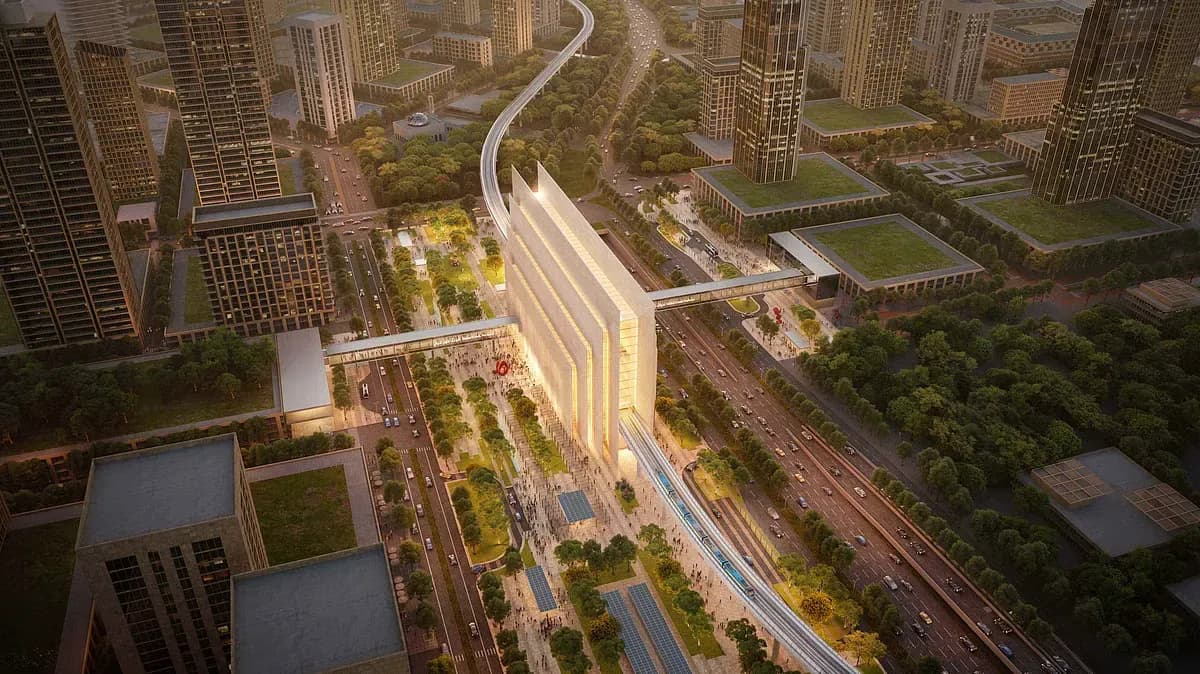Key Matches & Milestones
- Opening Match: June 11, 2026 – Estadio Azteca, Mexico City
- Final Match: July 19, 2026 – MetLife Stadium, East Rutherford, NJ
- Semi-Finals: AT&T Stadium (Dallas) and Mercedes-Benz Stadium (Atlanta)
- Third-Place Match: Hard Rock Stadium (Miami)
What This Means for Real Estate and Urban Development
Hosting the world’s most watched sporting event brings with it a wave of urban upgrades, infrastructure projects, and commercial development opportunities. From hotel expansions to transport enhancements and tourism-driven retail zones, cities across North America are preparing for a significant economic boost.
Particularly in the U.S., the investment in real estate around stadium zones has surged, with developers banking on long-term returns from enhanced visibility, public-private partnerships, and global footfall.
FIFA President Gianni Infantino remarked:
"This World Cup will not only be the biggest ever in terms of teams and matches, but it will also be the most inclusive and unifying."
The 2026 World Cup promises to be a landmark moment for global sport, international cooperation, and North American infrastructure. With over a billion viewers expected to tune in worldwide, the host cities are not only preparing for a footballing festival—but a chance to shine on the global stage.



















